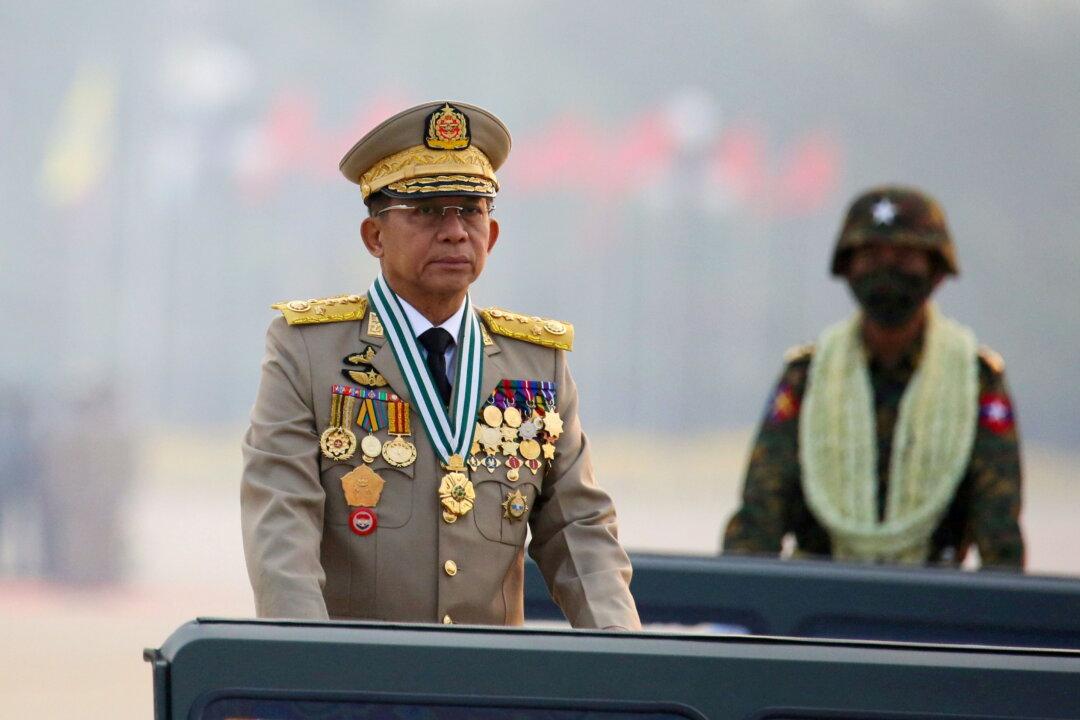Burma’s military regime has sought to cooperate with Russia in the fields of nuclear energy and military technology, as both nations have been subjected to extensive Western sanctions.
Burmese top general Min Aung Hlaing held bilateral talks with the Russian government during his weeklong trip to Moscow, which marks his second visit to Russia since his military junta seized power last year.





